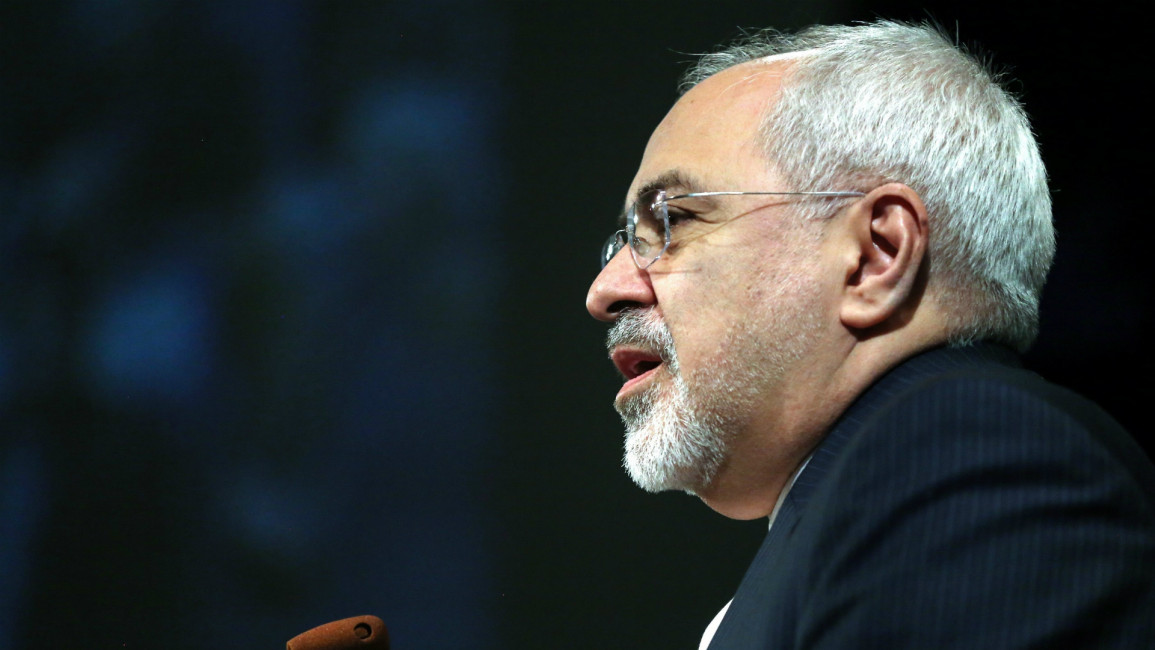Iran missile launch 'broke UN resolution'
Iran violated a UN resolution in October when it test-launched a missile capable of carrying a nuclear warhead, a UN panel of experts has concluded in a report that could lead to sanctions.
Britain, France, Germany and the United States had asked a UN Security Council sanctions committee to investigate the 10 October launch of the Emad missile.
"On the basis of its analysis and findings, the panel concludes that Emad launch is a violation by Iran of paragraph 9 of Security Council resolution 1929", read the 11-page report.
Adopted in 2010, Resolution 1929 prohibits Tehran from conducting launches of ballistic missiles capable of delivering nuclear weapons.
| The Emad has a range of no less than 1,000km with a payload of at least 1,000kg |
"The panel assesses that the launch of the Emad has a range of no less than 1,000km with a payload of at least 1,000kg and that Emad was a launch 'using ballistic missile technology'," the report said.
Iran had denied that the missile launch was in violation of the resolution, with Foreign Minister Mohammad Javad Zarif saying that it was not designed to carry nuclear warheads.
Iran insists it has no plans to develop atomic weapons.
The finding from the panel could trigger moves to impose sanctions on Iran for violating the resolution, although such a decision would require agreement from China and Russia.
The two countries - along with Britain, France, Germany and the United States - took part in successful negotiations over an historic deal with Iran that calls for lifting sanctions in exchange for curbs on Tehran's nuclear programme.
British Ambassador Matthew Rycroft said the report would be discussed at a Security Council meeting late on Tuesday.
Rycroft stressed the importance for the United States, especially the US Congress, that the council "does respond effectively to what appears to be a breach, not of the JCPOA, but of previous resolutions".
The JCPOA is the Joint Comprehensive Plan of Action, the international agreement reached with Iran in July on ending the standoff over its alleged nuclear ambitions.
The United States is also looking at reports of a new ballistic missile test on 24 November.
Earlier on Tuesday the UN nuclear watchdog's 35-nation board in Vienna closed its investigation into whether Iran sought atomic weapons, opting to back the international deal with Tehran rather than dwell on Iran's past activities, diplomats said.



